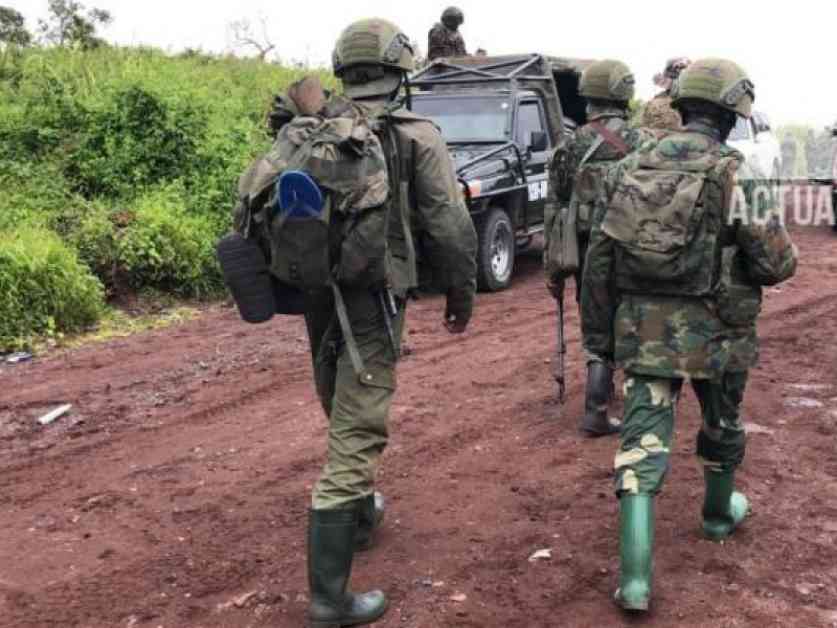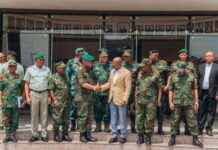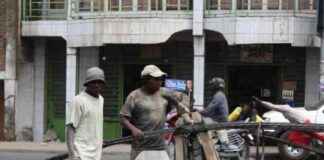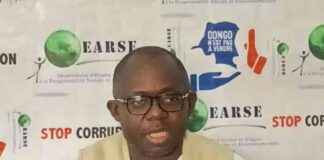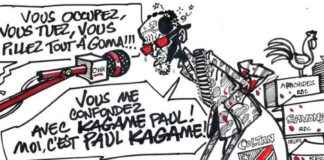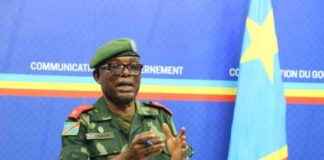RDC-M23: Kabila and Lubaya Criticize Regime’s Foreign Forces Focus
The deteriorating security and humanitarian situation in the East of the Democratic Republic of Congo, marked by fighting between the M23 rebels supported by Kigali and the Armed Forces of the Democratic Republic of Congo, was at the forefront of discussions between former President Joseph Kabila Kabange and a delegation of the framework for consultation of political and social forces led by former deputy Claudel André Lubaya in Addis Ababa, Ethiopia. According to the final statement received by ACTUALITE.CD on Monday, January 6, 2025, both parties criticized the persistence of insecurity and noted that its management lacks “clarity” and “efficiency.”
Lack of Clear Strategy and Foreign Focus
In particular, they highlighted shortcomings in the management of the security situation, noting the lack of clarity and effectiveness. They pointed out that the current impasse is a result of risky choices, trial and error, and a focus on foreign forces, militias, and mercenaries over the national armed forces. They emphasized that the Congolese Armed Forces, when properly organized, supported, and equipped, are capable of defending the country’s integrity against any threats.
Humanitarian Appeal
Expressing concern for the humanitarian situation of affected populations in conflict zones, Joseph Kabila Kabange and Claudel André Lubaya called for national mobilization to support victims of security violence. They lamented the ongoing security crisis in the East, exacerbated by chaotic governance, leading to an unprecedented humanitarian catastrophe with millions displaced internally and refugees in neighboring countries.
Escalating Violence and International Concern
Since the cancellation of the tripartite meeting between Félix Tshisekedi of the DRC and Paul Kagame of Rwanda, mediated by Angola, the security situation in the East of the DRC has once again deteriorated. Violent clashes continue between M23 rebels supported by Rwanda and the DRC Armed Forces. Meanwhile, the US and other international partners urge all parties to intensify efforts to prevent escalation and seize the opportunity for peace in the region.
Amidst ongoing fighting, M23 rebels supported by Rwanda continue to advance in the North Kivu province, despite a ceasefire agreement signed last August. Recent battles have taken place in the Masisi territory, where the rebels have captured several localities, including Masisi-center. On Sunday, clashes occurred near the town of Bweremana in the Mupfuni Shanga area.
In conclusion, the situation in the DRC remains volatile, with conflicting interests and ongoing violence threatening the stability of the region. As international pressure mounts for a peaceful resolution, the need for effective governance and support for the national armed forces becomes increasingly critical. The voices of Kabila and Lubaya add to the chorus of concern, calling for unity and action to address the humanitarian crisis and security challenges facing the Congolese people.
Let’s reflect on the human cost of conflict and the importance of solidarity in times of crisis. How can we support those affected by violence and displacement in the DRC and other conflict zones around the world? Let’s remember the resilience of communities facing adversity and strive for peace and justice in our global community.
